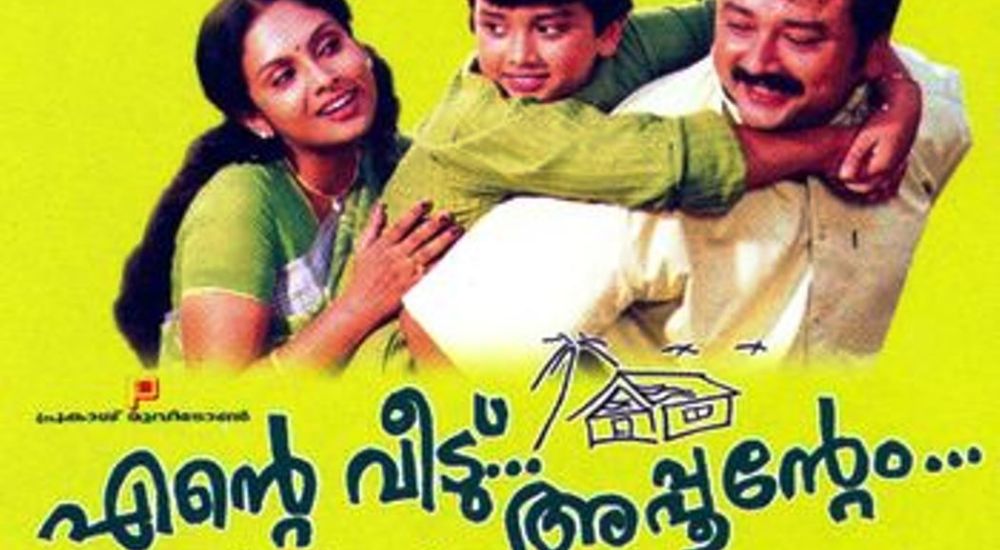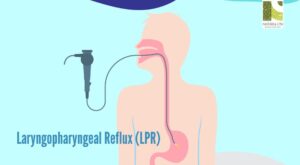When Innocence Turns Tragic: The Psychological Lens on Ente Veedu Appuvinteyum

Introduction: More Than Just a Crime Story
Ente Veedu Appuvinteyum is a 2003 Malayalam film that startled audiences with its bold, unsettling narrative — the story of a young boy, Appu, who commits an unthinkable act: killing his baby brother. While the act itself shocked viewers, what made the film memorable was its refusal to paint Appu purely as a villain. Instead, it invites us to explore the psychological state of a child caught between love, neglect, jealousy, and misunderstanding.
Two decades later, the film’s central theme still resonates powerfully. In today’s fast-changing world — where family dynamics are shifting, children’s mental health challenges are on the rise, and societal pressures are heavier than ever — Appu’s inner turmoil feels disturbingly relevant.
Appu’s Mind: A Child in Emotional Conflict
Appu’s journey is one of emotional displacement. Initially the center of his parents’ affection, he experiences a sudden shift in attention after the birth of his younger brother. The once-secure emotional base becomes shaky, replaced by feelings of being overlooked and undervalued.
From a psychological standpoint, Appu’s case reflects several important concepts:
1. Sibling Rivalry and Perceived Neglect
While sibling rivalry is natural, it becomes toxic when not addressed with understanding. Developmental psychologists note that when a child feels displaced in the family hierarchy, they may internalize this as rejection, triggering resentment towards the sibling who “took their place.”
2. Attachment Insecurity
Appu’s behaviour can be linked to attachment theory. When a secure attachment with primary caregivers feels threatened, a child may act out in extreme ways to reclaim attention or express distress — especially if emotional needs are unmet.
3. Emotional Illiteracy
Appu does not have the vocabulary or safe space to express his feelings. This emotional illiteracy — the inability to name, process, and communicate emotions — creates a dangerous pressure cooker effect.
Connecting to the Contemporary World
Appu’s story, while extreme, mirrors psychological patterns we see today:
1. The Overlooked Emotional Lives of Children
In modern households, especially urban ones, both parents may be juggling careers and multitasking family responsibilities. While material needs are met, children’s emotional validation often takes a back seat.
2. The Rise of Silent Suffering in Children
Today’s children face academic pressure, peer competition, and an overexposure to curated, perfect lives on social media. Like Appu, many bottle up feelings, lacking safe avenues for release.
3. The Mental Health Stigma
Appu’s tragic act is never framed as a mental health crisis within the family; it is treated as a crime. Even now, seeking psychological help for a child’s behavioural changes is often delayed due to stigma, shame, or denial.
4. Digital Isolation
While Appu’s world was analogue, modern kids have digital distractions. Yet, studies show that increased screen time without quality family interaction deepens emotional loneliness, much like Appu’s isolation in his own home.
What We Can Learn from Appu’s Story
Early Emotional Education
Teaching children to recognize and express emotions constructively can reduce the build-up of resentment or jealousy.
Parental Emotional Awareness
Parents need to be trained — or at least sensitized — to detect subtle changes in a child’s mood, behaviour, or interpersonal relationships.
Normalize Child Therapy
Just as we consult doctors for physical symptoms, we should normalize consulting child psychologists when there are prolonged emotional or behavioural shifts.
Equitable Attention in Families
A new sibling should not mean the emotional replacement of the firstborn. Involvement in caregiving, appreciation, and consistent reassurance are key.
Beyond the Screen
Ente Veedu Appuvinteyum forces us to confront uncomfortable truths: children are not immune to deep psychological distress, and their actions, however extreme, often have roots in unmet emotional needs.
In today’s context, the film reads almost like a warning — urging us to look closer, listen more carefully, and take a child’s feelings seriously, before misunderstandings harden into irreversible tragedies.
Appu is not just a character from a 2003 film; he is a mirror to the silent struggles many children face today. And in that sense, his story is not about the past — it is about the urgent present.





